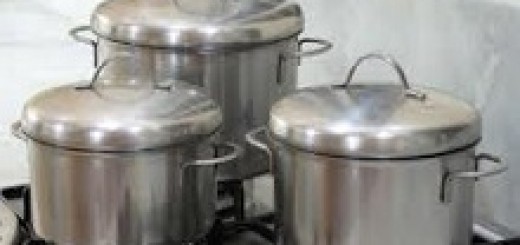By Rabbi Chaim Chazzan
May one who is intoxicated daven, bentch or say brachos on food?
Halacha differentiates between various alcohol induced states of mind: (a) One who is mildly intoxicated – shosuy. (b) One who is ‘drunk’ – shikur.(c) One who is completely unaware of his actions – shikruso shel lot.
One who drank a revi’is (3 fl oz, 86 ml) of wine should not daven until the effects of the wine have worn off (unless it was not immediately prior to, or during a meal). However, the Alter Rebbe writes[1]: Since wines are not as strong as they used to be, accepted practice is to daven after drinking even more than a revi’is, as long as one doesn’t feel the effects of the wine on his clarity of mind. Once one has drunk an amount that that affects his clarity of mind, he may not daven. If by waiting until the wine wears off he will miss the time frame for davening he should daven as a shasuy[2].
One who is in a state of drunkenness that renders him unable to talk to a king – a shikur, may not daven even if he will miss the time frame for davening. He must make up the missed davening by saying two shmonei esreis by the next tefila. If he went ahead and davened in such a state, his davening is an abomination comparable to avodah zara and therefore must obviously be made up for during the next tefila[3].
Bentching is more lenient and a shasuy may bentch, since the Torah requires one to bentch after one is satiated which understandably includes times when he will be slightly intoxicated.
The rishonim debate whether a shikur (one who is in a state of intoxication that renders him unable to talk to a king) may bentch. The Alter Rebbe paskens[4] that lechatchila one should bentch before reaching such a state. However, if one did not, one should still bentch[5], since the obligation to bentch is min hatorah where we are stringent when in doubt.
Other[6] brachos may be made even by a shikur. The reason for the distinction: One who is drunk is not considered mentally impaired and is held responsible for damages to other people’s property, and he is therefore deemed fit to have sufficient mental capacity to make a bracha. However davening requires superior kavana for which one who is drunk is incapable of.
One who has reached a state where he is completely unaware of his actions shikruso shel lot[7] is prohibited from making any bracha[8].
[1] שוע”ר או”ח סי’ צט סעי’ ד.
[2] שם
[3] שם סעי’ א
[4] שם סי’ קפה סעי’ ה
[5] מן הסתם הטעם שלא כתב אדה”ז שימתין עד שיפוג יינו הוא, כי חיישינן שמא ישכח מלברך, ואף בכל אדם כתב בקיצור שו”ע בי’ שנכון שלא ישהה הרבה לפני ברכת המזון, ואולי יש להוסיף שבדרך כלל בשיכור שאינו יכול לדבר לפני המלך כלל – נדרש יותר זמן מכדי שיתעכל המזון בכדי שיפוג יינו. [אף שבתחילת הסעיף מסתפק להי”א ששיכור אסור לברך ברהמ”ז אם עבר ובירך אם צריך לחזור ולברך כשיפוג יינו בעוד שלא נתעכל המזון שבמעיו, הרי שיש כזה היכא תמצא, לכאו’ כוונתו שם אם אירע כן בתור יוצא מן הכלל, אבל ע”פ רוב נדרש יותר זמן ולכן בסוף הסעיף לא כתב להמתין, וילע”ע].
[6] שם
[7] רמב”ם הל’ מכירה פכ”ט הי”ח
[8] משנ”ב סי’ צט ס”ק יא בשם הפמ”ג ופר”ח. וראה שוע”ר סי’ קכח סעי’ נא.





















